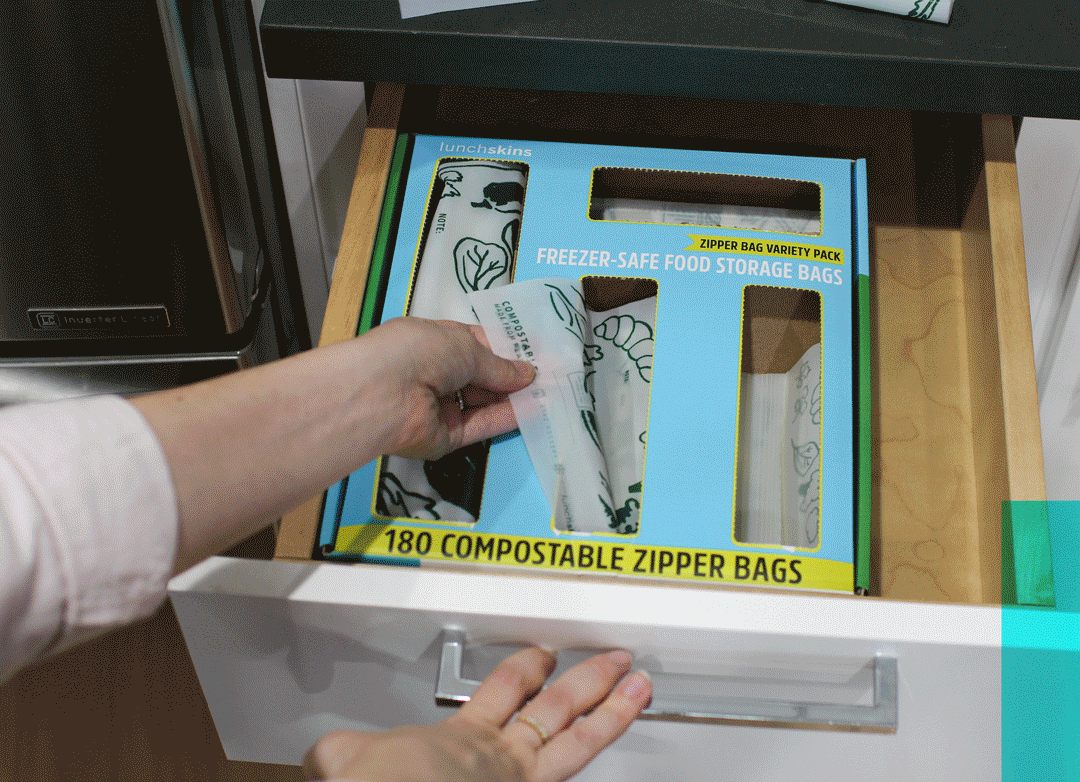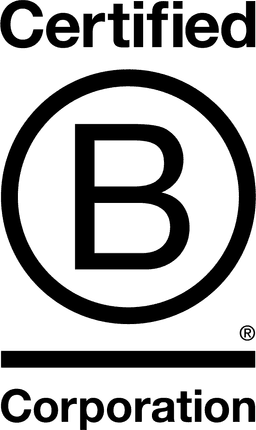

Lunchskins

Maryland, United States
August 2022
Other manufacturing
Manufacturing
United States
A WOMEN-LED INNOVATIVE, SUSTAINABLE FOOD STORAGE BRAND FROM THE KITCHEN TABLE TO A HOUSEHOLD BRAND. In 2008, Founder, Kirsten Quigley noticed how much waste was generated on a daily basis packing 20+ lunches a week and countless snacks on the go for classes, teams, and camps. The Lunchskins brand was born out of her need for a eco-friendly and stylish alternative to disposable plastic bags. From the beginning, she knew that whatever she created had to be easy, affordable, and fun so people would make it part of their daily routine, and collectively have a much bigger positive impact on our environment. 3GreenMoms, a woman-owned B Corp, has been helping families and communities think and act greener ever since. With a background in environmental sciences, Kirsten produced the world’s first patent-pending, self-sealing, disposable paper bag, and the first dishwasher-safe reusable fabric bag. All Lunchskins products give back to the planet with every sale and every time you use them.
Overall B Impact Score
Governance 16.0
Governance evaluates a company's overall mission, engagement around its social/environmental impact, ethics, and transparency. This section also evaluates the ability of a company to protect their mission and formally consider stakeholders in decision making through their corporate structure (e.g. benefit corporation) or corporate governing documents.
What is this? A company with an Impact Business Model is intentionally designed to create a specific positive outcome for one of its stakeholders - such as workers, community, environment, or customers.
Workers 16.2
Workers evaluates a company’s contributions to its employees’ financial security, health & safety, wellness, career development, and engagement & satisfaction. In addition, this section recognizes business models designed to benefit workers, such as companies that are at least 40% owned by non-executive employees and those that have workforce development programs to support individuals with barriers to employment.
Community 19.9
Community evaluates a company’s engagement with and impact on the communities in which it operates, hires from, and sources from. Topics include diversity, equity & inclusion, economic impact, civic engagement, charitable giving, and supply chain management. In addition, this section recognizes business models that are designed to address specific community-oriented problems, such as poverty alleviation through fair trade sourcing or distribution via microenterprises, producer cooperative models, locally focused economic development, and formal charitable giving commitments.
Environment 45.2
Environment evaluates a company’s overall environmental management practices as well as its impact on the air, climate, water, land, and biodiversity. This includes the direct impact of a company’s operations and, when applicable its supply chain and distribution channels. This section also recognizes companies with environmentally innovative production processes and those that sell products or services that have a positive environmental impact. Some examples might include products and services that create renewable energy, reduce consumption or waste, conserve land or wildlife, provide less toxic alternatives to the market, or educate people about environmental problems.
What is this? A company with an Impact Business Model is intentionally designed to create a specific positive outcome for one of its stakeholders - such as workers, community, environment, or customers.
Customers 4.2
Customers evaluates a company’s stewardship of its customers through the quality of its products and services, ethical marketing, data privacy and security, and feedback channels. In addition, this section recognizes products or services that are designed to address a particular social problem for or through its customers, such as health or educational products, arts & media products, serving underserved customers/clients, and services that improve the social impact of other businesses or organizations.